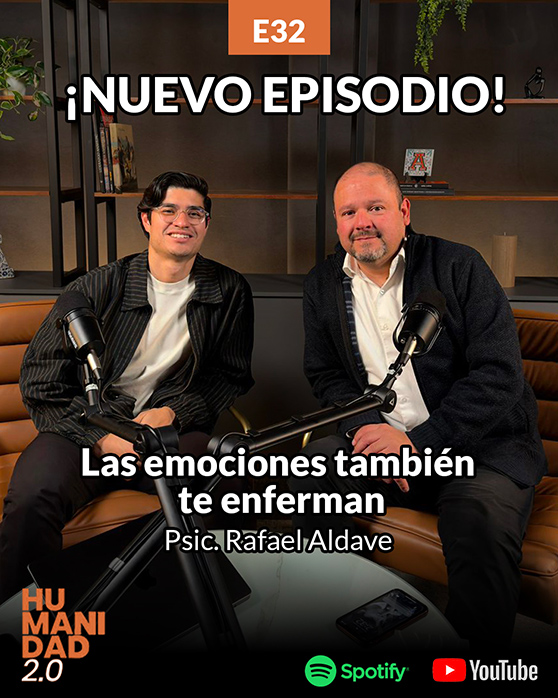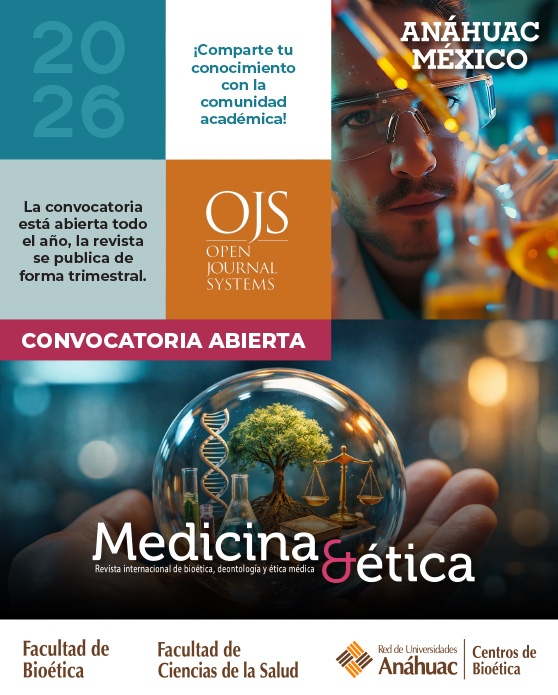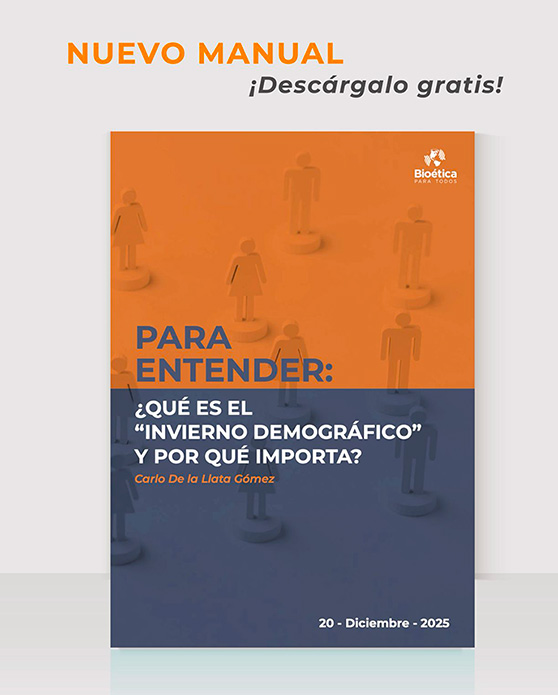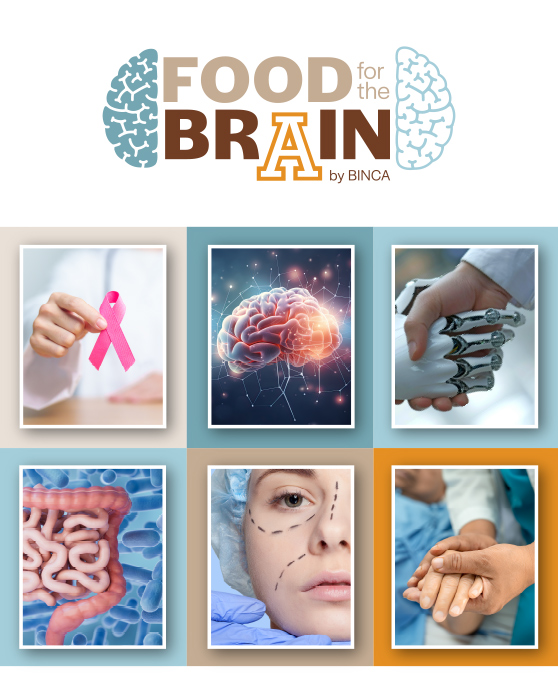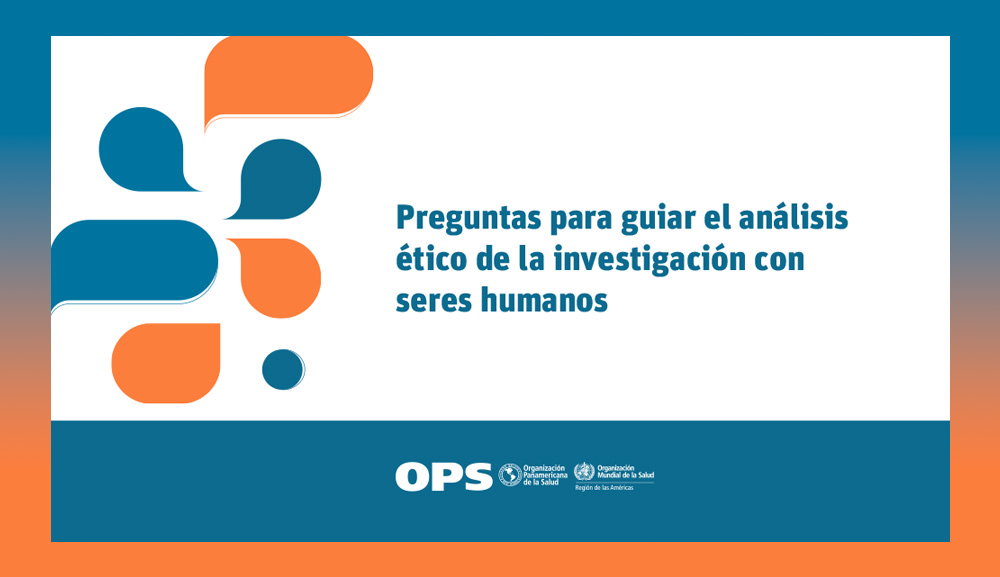
The document, addressed to Ethics Committees, researchers, and educators in Latin America and the Caribbean, offers key questions to guide the ethical evaluation of scientific protocols, based on international standards.
The Pan American Health Organization (PAHO) has recently published a guide titled “Questions to Guide the Ethical Review of Research Involving Human Subjects”, designed as a practical tool to support the work of Research Ethics Committees (RECs) in Latin America and the Caribbean. It is a brief yet meaningful document that offers a set of guiding questions to facilitate the ethical assessment of protocols prior to their approval and throughout their implementation.
The guide was published on July 7, 2025, and responds to the need for accessible resources aligned with international standards such as the CIOMS International Ethical Guidelines, the Declaration of Helsinki, and WHO regulations. Its aim is not to replace ethical deliberation but to enrich it through structured questions that promote critical judgment, transparency, and coherence in decision-making.
The six thematic pillars that structure the document are: scientific and social value, risk-benefit analysis, participant selection, informed consent, protection of vulnerable populations, and data confidentiality. Each pillar is accompanied by specific questions, clearly formulated and applicable to various research contexts. For example, regarding the informed consent pillar, one suggested question is: “Does the process include appropriate mechanisms to ensure comprehension, capacity, and voluntariness of all participants, including those with linguistic or cognitive barriers?”
This tool is not only useful for formally established RECs but also for researchers, educators, and students who wish to integrate ethical best practices from the early stages of study design. Furthermore, its open license (CC-BY-NC-SA 3.0 IGO) allows for free adaptation for non-commercial purposes, making it a valuable resource for training spaces such as certificate programs, workshops, and research ethics courses.
The guide is freely available through the PAHO IRIS Repository at the following link: https://iris.paho.org/handle/10665.2/67780
More information:
Centro Anáhuac de Desarrollo Estratégico en Bioética (CADEBI)
Dr. Alejandro Sánchez Guerrero
alejandro.sanchezg@anahuac.mx

